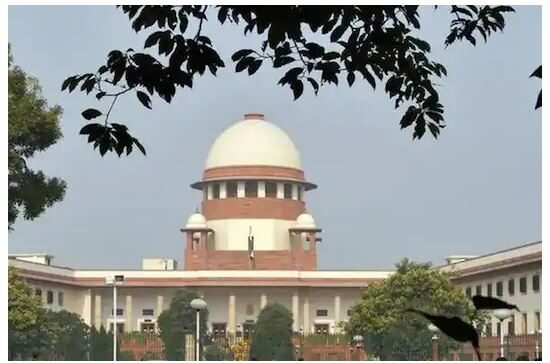New Delhi – The Supreme Court has strongly criticised insurance companies for their growing tendency to file unnecessary appeals on hyper-technical grounds, observing that such conduct delays justice and deprives claimants of timely compensation.
A Bench comprising Justice Manoj Misra and Justice Nongmeikapam Kotiswar Singh expressed deep concern over the practice, stating that insurers often raise technical objections even when their liability under the insurance contract is undisputed.
“We must express our anguish at the practice of insurance companies unnecessarily filing appeals by raising technical pleas—more so when they do not deny their ultimate liability under the contract of insurance,” the Bench remarked.
Background
The case stemmed from an accident in which an employee suffered a disabling injury during the course of employment. The Commissioner for Workmen’s Compensation directed both the employer and the insurer to pay compensation jointly.
However, the insurer appealed before the Calcutta High Court, arguing that the compensation award should have been directed solely against the employer, who could then seek reimbursement from the insurer. The High Court accepted this technical argument and modified the order accordingly.
FCRF Launches CCLP Program to Train India’s Next Generation of Cyber Law Practitioners
Aggrieved by the delay caused to the injured employee, the employer approached the Supreme Court, contending that the insurer’s appeal was frivolous and contrary to the intent of the Employees’ Compensation Act, 1923.
Court’s Observations
The Supreme Court held that the insurer’s appeal was wholly unnecessary, noting that such litigation undermines the social welfare objective of the Employees’ Compensation Act, which aims to provide speedy relief to workers injured during employment.
The Bench further observed that the High Court had erred by adopting a “hyper-technical approach” and ignoring Section 19 of the 1923 Act. It clarified that the appropriate course was to make the employer and insurer jointly and severally liable, as originally directed by the Commissioner.
Judgment and Directions
As a corrective measure, the Supreme Court imposed a cost of ₹50,000 on the insurance company for needlessly prolonging the litigation and delaying compensation to the employee.
Allowing the appeal, the Apex Court restored the Commissioner’s original award, directing the immediate release of the deposited amount along with accrued interest to the injured worker.
“Filing of technical and unwarranted appeals not only burdens the justice system but also undermines the rights of victims. Such conduct must be discouraged,” the court concluded.


